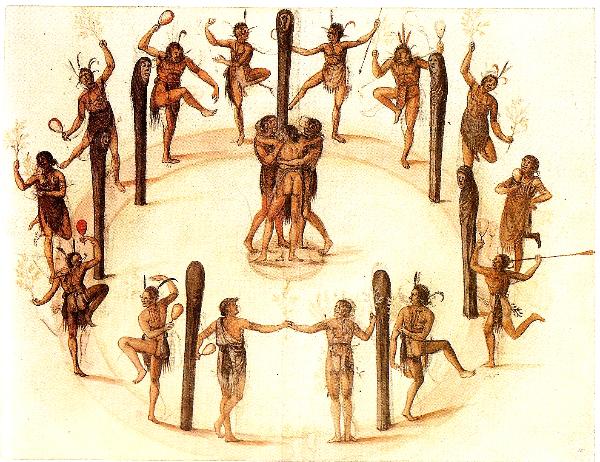At a centenary memorial service for the victims of the First World War, Emmanuel Macron warned of the dangers of nationalisms whilst praising the virtues of patriotism. The nuances separating the two terms are important: nationalism is based on cultural and linguistic or even, in the worst-case scenario, racial or ethnic ties, whilst patriotism is nurtured by the values and beliefs of the state. Nationalism is more aggressive to foreign states and foreigners than patriotism is. When nationalisms clash there is always a threat of war, whilst patriotisms use diplomacy in conflicts to find peaceful outcomes to conflicts. Nevertheless, both terms generally represent the same thing. One might be seen as the ‘good cop’ and the other the ‘bad cop’, but both are cops, or, if we look at it from humanity’s point of view, both belong to the same mafias we call Nation States.
Nationalism or patriotism, against the measuring rod of Humanity they are both segregating and oppressive forces. Yet, it’s hard to imagine a world without countries. After all, they have always been here, haven’t they? And the hardest thing to imagine away is that which has been around, seemingly forever.
Certainly they’ve been here, in a simplified form, ever since the first societies gathered around the first totems. Each one with their own symbolic deity. These totem-cultures then gathered together into city states, under the protection of a unifying divine entity that began to take the totemic form of a divine statue. These city-state countries would expand and create larger states and even empires, regimes that needed ever more powerful totems … until they discovered the One, which was the mightiest totem of all, demanding that all must bow to its omnipotent symbols.
But even before reaching the One, the totem went through many metamorphoses: the pyramid shaped ziggurats and the pyramids themselves. In the first city, the Sumerian Uruk, the temples and land were considered properties of the gods. Divine properties which certain families were placed in charge of, as if by divine will. So we see, even at the very beginning of civilization, how religion was used to justify an enhanced privilege over the others.
The first concentration of power was assumed by the priestly caste. Once the people had been indoctrinated into identifying themselves with the totem representative of the gods that were supposed to control and even predetermine their fate through the power of concepts like destiny, it was a simple step to mould them into servants of the totem. Only the priests had access to the gods’ thoughts and motives. It was through the priests and the unsullied, pure character of the High Priestess, that the gods gave their laws to men.
Through the totem, therefore, the individual surrendered his voice in the community and allowed all voices to be concentrated in the singular decrees of the priest-kings. Community, as such, died with the totem that was set up to build it, and a new anti-human history was born that became a process of maintaining class distinction and privileges for the few at the expense of the manipulation and exploitation of the many.
Patriotism might be the good cholesterol that the nation state needs to preserve itself, but the nation state itself is a powerful virus that has put humanity into a coma for millennia. It’s time now, not to be good patriots but to see the virus for what it is, and dismantle the nation state in order to resuscitate what we really are: humanity.
CONTINUED AT: https://pauladkin.wordpress.com/2018/11/26/nationalism-patriotism-totem-identities-power-part-2/


